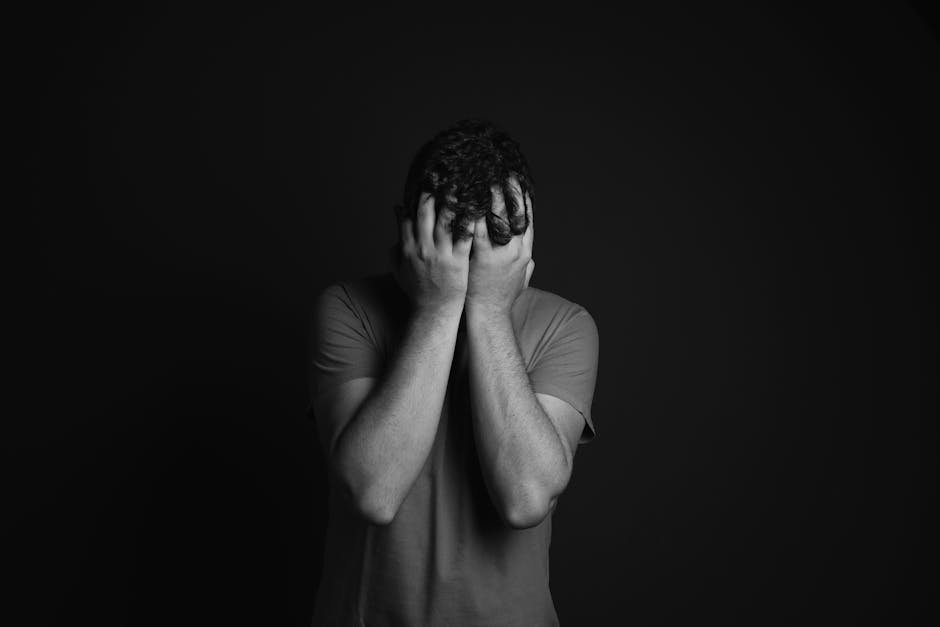We’ve all done it. A task stares us in the face. It’s important. It has a deadline. And still, we say, “I’ll do it later.”
Procrastination is something nearly everyone struggles with. But why do we put things off, even when we know it’s bad for us? The answer lies in our brains, our emotions, and how we view time. In other words, procrastination is not about laziness. Heucherella, Stoplight It’s about how we manage stress, motivation, and self-control.
Let’s break it down.
What Is Procrastination?
Procrastination is the act of delaying something, even when we know we’ll be worse off for it.
This is different from simply taking a break. True procrastination happens when we:
- Intend to do something
- Know it’s important
- Feel bad about not doing it
- Still delay it anyway
It’s a habit that can affect school, work, and personal goals. But most of all, it messes with our peace of mind.
Why Do We Procrastinate?
There isn’t just one reason. Instead, procrastination is caused by a mix of brain functions, emotions, and life patterns.
Here are the key causes:
1. Avoiding Negative Feelings
Sometimes, we put things off because the task feels hard, boring, or stressful. Our brains are wired to avoid discomfort. Impatiens, Sunpatien Compact Tropical Rose If something makes us anxious—like writing an essay or paying a bill—we push it away, even if it makes things worse later.
This is called “task aversion.”
2. Present Bias
Our brains love rewards that are immediate. This is called present bias. Future rewards, like getting a good grade or finishing a project, don’t feel as real as the short-term relief of skipping it.
So, we watch a video, scroll social media, or clean the fridge instead. These feel better right now.
3. Low Self-Esteem
When we doubt our ability to succeed, we may freeze. “What if I fail?” That fear turns into avoidance. We protect ourselves by not starting. That way, we never risk doing a bad job.
But here’s the problem: the longer we delay, the more we believe we can’t do it.
4. Perfectionism
This one is tricky. Perfectionists often procrastinate because they want their work to be flawless. If they don’t have enough time or energy to do it just right, they won’t start at all.
It’s an all-or-nothing mindset. Sadly, it often leads to nothing.
5. Lack of Structure
Some people need outside pressure to get moving. Without deadlines or supervision, they drift. If your work or goals are flexible, like learning a language or starting a business, Mint; Mentha piperita, Chocolate procrastination can creep in easily.
How Procrastination Affects Us
At first, putting something off may feel like a relief. But soon, the stress catches up.
Chronic procrastination can lead to:
- Missed opportunities
- Poor performance
- Low self-confidence
- Anxiety and guilt
- Sleep problems
- Conflict with others
Worse, it becomes a cycle. We delay, we feel bad, we doubt ourselves, and we delay again.
But here’s the good news: it can be broken.
How to Stop Procrastinating
You don’t need to change who you are. But you can change how you act. It takes awareness, practice, and a few simple tools.
1. Break the Task Down
Big jobs feel scary. So, make them smaller. Instead of “write report,” start with “open document” or “write three lines.”
Small wins build momentum. Once you start, it gets easier to keep going.
2. Use the 5-Minute Rule
Tell yourself you’ll just do 5 minutes. That’s it. Once you begin, chances are you’ll keep going. Getting started is the hardest part.
3. Forgive Yourself
Studies show that people who forgive themselves for past procrastination are less likely to repeat it. Shame only feeds the cycle. Be kind to yourself. Then get back to the task.
4. Set Short Deadlines
Future deadlines feel fuzzy. Olive Tree, Arbequina So create near-term goals, like “finish this part by 3 p.m.” Short timelines make tasks feel more urgent and real.
Use timers or apps if that helps.
5. Find the Emotion
Ask yourself: What am I really feeling? Fear? Doubt? Boredom? Naming the feeling can take away its power.
Then, deal with the feeling directly. Remind yourself: the task isn’t as bad as the dread.
6. Reward Progress
Celebrate small wins. Whether it’s a cup of coffee, a short walk, or 10 minutes of fun, rewards reinforce good habits.
Your brain will start to crave the success, not just the escape.
7. Make Distractions Harder
Put your phone away. Block websites. Work in a quiet space. Make the path to procrastination less tempting.
At the same time, make the task easier to start—keep tools and materials within reach.
When to Seek Help
If procrastination is affecting your daily life, goals, or mental health, it may be time to talk to a counselor. Procrastination can be linked to depression, ADHD, or anxiety disorders. In these cases, support and treatment can make a big difference.
There’s no shame in needing help. In fact, Oregano; Origanum vulgare, Variegated asking for help is a sign that you’re ready to move forward.
Final Thoughts
Procrastination isn’t about being lazy. It’s about being human. Our brains are not always wired for long-term thinking. But with a little awareness and a few simple tools, we can work with our brains—not against them.
Start small. Be kind to yourself. Take action—one step at a time.
The best time to get things done might have been yesterday.
But the second-best time is right now.




